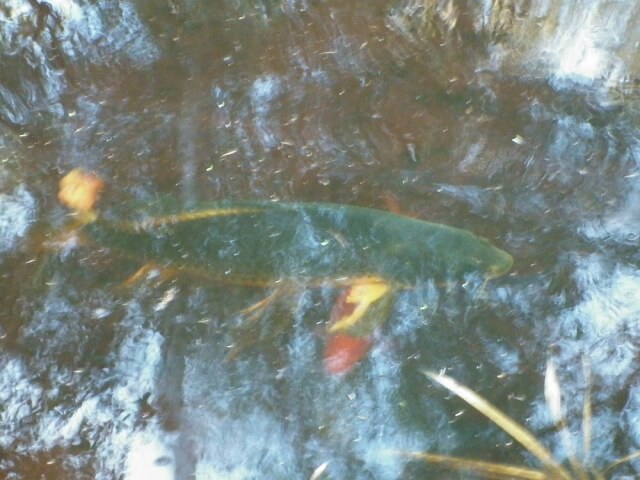Invasive fish management is centred on prevention of new arrivals rather than working to eradicate already established species, according to the Department of Fisheries.
The department made the comments when responding to recent carp sightings in the Canning River and surrounding water bodies near Riverton.
A Riverton resident filmed a large carp in a lagoon near Ardoit Street this month.
Department of Fisheries biosecurity branch manager Victoria Aitken said reports like this were helpful but said the department was focusing its efforts on prevention because eradication of established pest fish was expensive.
“These reports are very useful as they are added to the department’s database that helps to build a picture of exactly where these species (carp) are, which helps us to determine if it is feasible to direct any management actions towards controlling them,” she said.
“The department is focused on prevention and responding to new pest arrivals as we have a better chance of eradicating them compared to pests that are already widespread and extremely difficult and expensive to control.”
Ms Aitken said the sightings again raised the issue of pest fish species and she urged people not to dump fish in waterways.
“The release of ornamental fish is thought to be responsible for 22 out of the 34 species of pest fish known to be established in the Australian freshwater environment,” she said.
“Aquarium or pond fish that are not native are often more aggressive than native species…can also spread disease, kill local species and damage natural habitats.”

City of Canning chief executive Arthur Kyron said the city did not have governing control of the river.
“The Department of Parks and Wildlife is the governing agency for the Canning River and makes all decisions on how to address fish in the river,” he said.
“The city is one of the land managers of parts of the Canning River Regional Park however this does not extend to the river itself.
“The city’s role is to inform and educate the community on how to keep the river and the animals in and around it safe and healthy.”
A DPAW spokeswoman said dealing with pest species was the Department of Fisheries’ role even on its land.
Members of the public who see carp are encouraged to call the Department of Fisheries fishwatch program on 1800 815 507 or via fish.wa.gov.au.














